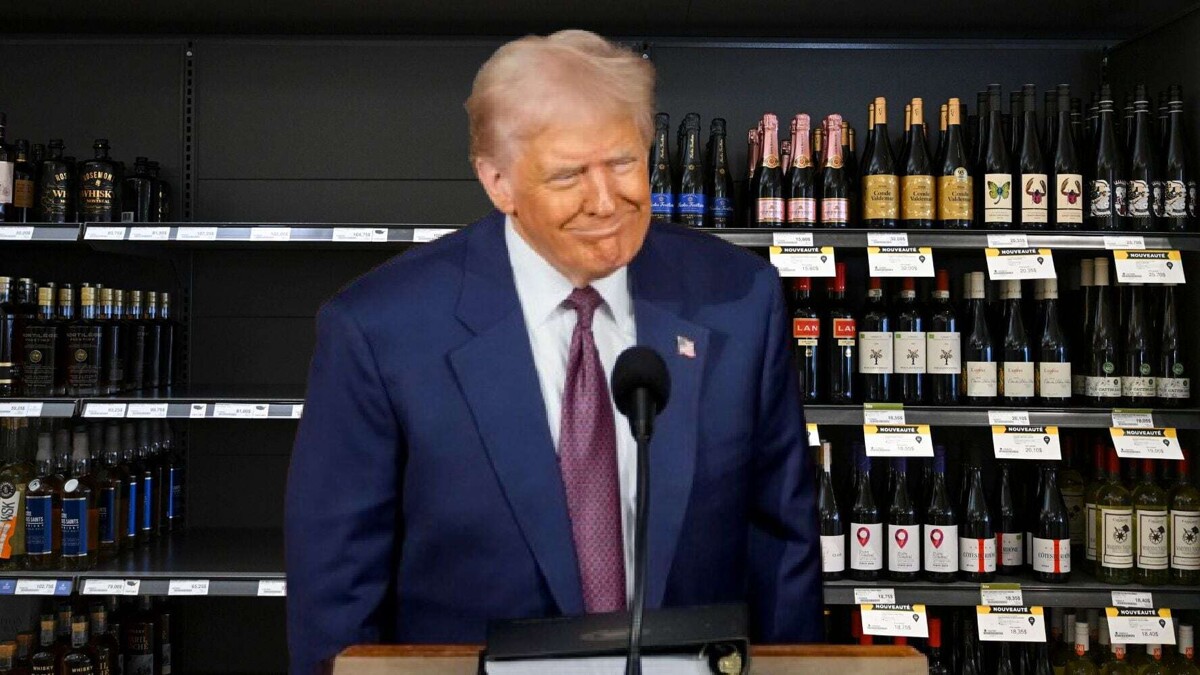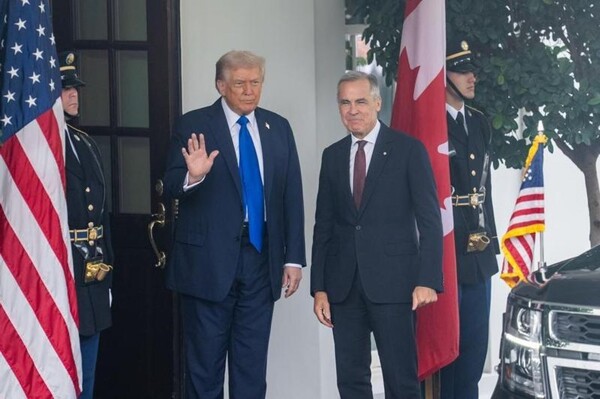
The Canadian province of Alberta has made the decision to immediately stop purchases of alcohol from the United States and to modify its acquisition rules in response to tariffs imposed by President Donald Trump on Canada. It is focusing on exporting more oil and gas to other markets in the long term.
Alberta Premier Danielle Smith stated that although she currently does not support imposing taxes or reducing oil and gas exports to the United States, the province will work on the construction of pipelines to Canada's coasts to increase shipments to Asia and Europe. Alberta is known for having the third-largest crude oil reserves in the world and supplying the majority of the 4 million barrels per day of oil that the United States imports from Canada.
"Their resources are significantly greater and much more accessible than the oil and gas reserves in the United States, which are rapidly declining," Smith emphasized at a press conference. The reactivation of the Energy East pipeline from Alberta to eastern Canada is being considered, provided a route can be found that avoids Montreal.
Ontario and British Columbia have already begun removing U.S. products from their shelves in support of Alberta. The premier also mentioned that long-term measures are being sought to strengthen Canada's economic position, such as free trade agreements and labor mobility with other provinces.
The northern territory of Nunavut is interested in developing railway, road, and pipeline projects in Grays Bay. Other potential projects include an export link to Alaska and infrastructure in Hudson Bay. There is a spirit of cooperation among provincial premiers fully developing to enable Canada to export energy to non-U.S. markets.
In response to Trump's tariffs, both federal and provincial governments of Canada have implemented countermeasures, notably including policies targeting U.S. alcoholic beverages.












